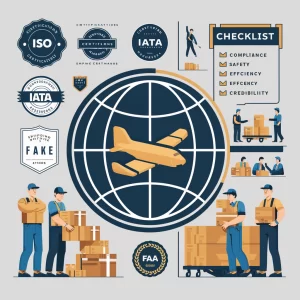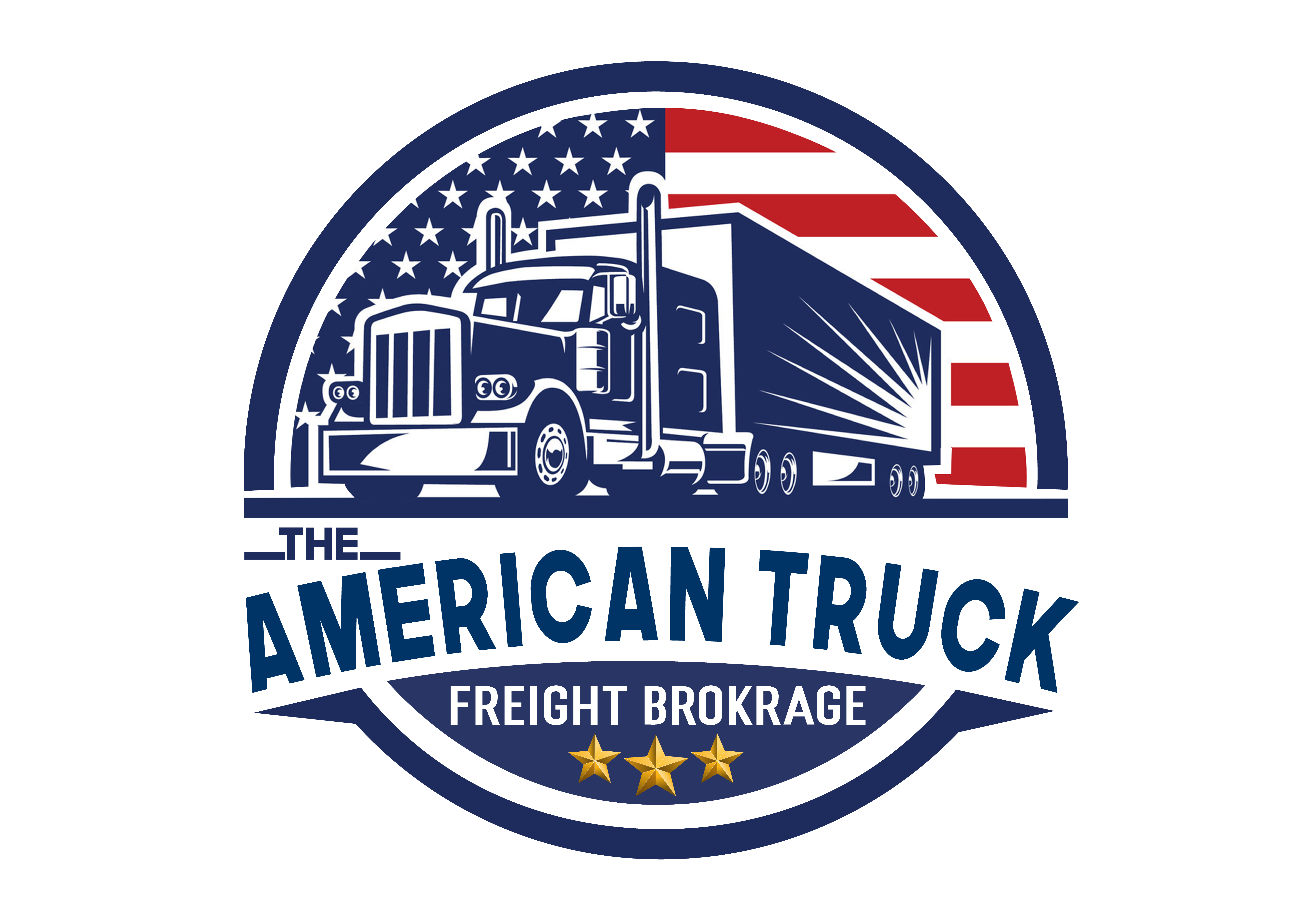
Shipping Certifications for Logistics
Shipping certifications are essential for logistics companies aiming to maintain high standards and comply with international regulations. These certifications are not just a formality but a testament to a company’s commitment to excellence and reliability. Let’s delve into the significance of key shipping certifications in the logistics industry.

ISO 9001: Quality Management Systems
ISO 9001 is perhaps the most recognized quality management certification worldwide. It sets out the criteria for a quality management system. It is based on several quality management principles, including a strong customer focus, the involvement of top management, and a process-based approach.
- Why It Matters: Achieving ISO 9001 certification demonstrates a company’s ability to consistently provide products and services that meet customer and regulatory requirements. It’s a mark of a well-organized and efficient operation.
- Impact on Logistics: For logistics companies, ISO 9001 ensures processes are in place to improve service quality and enhance customer satisfaction. It’s like having a roadmap to operational excellence.
ISO 14001: Environmental Management Systems
ISO 14001 focuses on environmental management. It provides a framework for an effective environmental management system, helping organizations minimize their environmental footprint.
- Why It Matters: With growing awareness of environmental issues, businesses are increasingly expected to operate sustainably. ISO 14001 certification shows a company’s commitment to reducing its environmental impact.
- Impact on Logistics: This certification involves managing resources efficiently and reducing waste for logistics firms, which can also lead to cost savings. It’s like killing two birds with one stone – doing good for the planet and improving the bottom line.
ISO 45001: Occupational Health and Safety
ISO 45001 is the international occupational health and safety (OH&S) management system standard. It aims to reduce workplace injuries and illnesses and provide a safe and healthy workplace.
- Why It Matters: A safe working environment is crucial for employee well-being and productivity. ISO 45001 helps organizations create a proactive safety culture.
- Impact on Logistics: In the logistics industry, where physical labor and machinery use are prevalent, this certification helps implement effective safety measures. It’s like having a guardian angel watching over your operations.
TAPA FSR: Transported Asset Protection Association Facility Security Requirements
TAPA FSR certification focuses on the security of facilities involved in the supply chain. It sets standards to ensure the security of stored goods and the integrity of the logistics process.
- Why It Matters: Security breaches can lead to significant financial losses and reputational damage. TAPA FSR certification shows that a company takes security seriously.
- Impact on Logistics: For logistics providers, this means implementing stringent security measures to protect assets from theft and damage. It’s like having a fortress guarding your valuable goods.
CTPAT: Customs-Trade Partnership Against Terrorism
CTPAT is a voluntary program led by U.S. Customs and Border Protection. It focuses on improving the security of private companies’ supply chains for terrorism.
- Why It Matters: In a world where security threats are ever-present, participating in CTPAT demonstrates a commitment to supply chain security.
- Impact on Logistics: For logistics companies, CTPAT certification can lead to faster customs processing and fewer inspections, making the shipping process smoother and more efficient. It’s like having a VIP pass through customs.
IATA CEIV: Center of Excellence for Independent Validators in Pharmaceutical Logistics
IATA CEIV certification is designed for pharmaceutical transportation. It ensures compliance with international standards and regulations for the handling and transporting of pharmaceutical products.
- Why It Matters: The pharmaceutical industry requires stringent handling to maintain product integrity. IATA CEIV certification assures clients of safe and compliant pharmaceutical logistics.
- Impact on Logistics: For logistics companies, this certification opens doors to new business opportunities in the pharmaceutical sector, ensuring they can meet this critical industry’s specific needs. It’s like having a golden ticket to a lucrative market.
AEO: Authorized Economic Operator
AEO certification is a global standard for businesses involved in international trade. It signifies that a company’s customs controls and procedures are efficient and compliant with the World Customs Organization’s standards.
- Why It Matters: AEO certification enhances a company’s credibility and can lead to simplified customs procedures and reduced inspection rates.
- Impact on Logistics: For logistics companies, being AEO certified can significantly speed up the customs clearance process, making international trade more efficient. It’s like having a fast lane through the bureaucracy of global trade.

The Final Note!
Shipping certifications are more than just badges of honor. They represent a logistics company’s dedication to quality, safety, security, and environmental responsibility. By obtaining these certifications, companies comply with regulations, build client trust, streamline operations, and open up new market opportunities. In the fast-paced world of logistics, these certifications can be the difference between leading the pack and playing catch-up.
In a nutshell, investing in shipping certifications is like having a secret sauce that enhances the flavor of your logistics operations, ensuring that your business not only survives but thrives in the competitive market.
For further details, visit The American Truck Inc.
To schedule appointments, contact us for a complimentary consultancy session.




